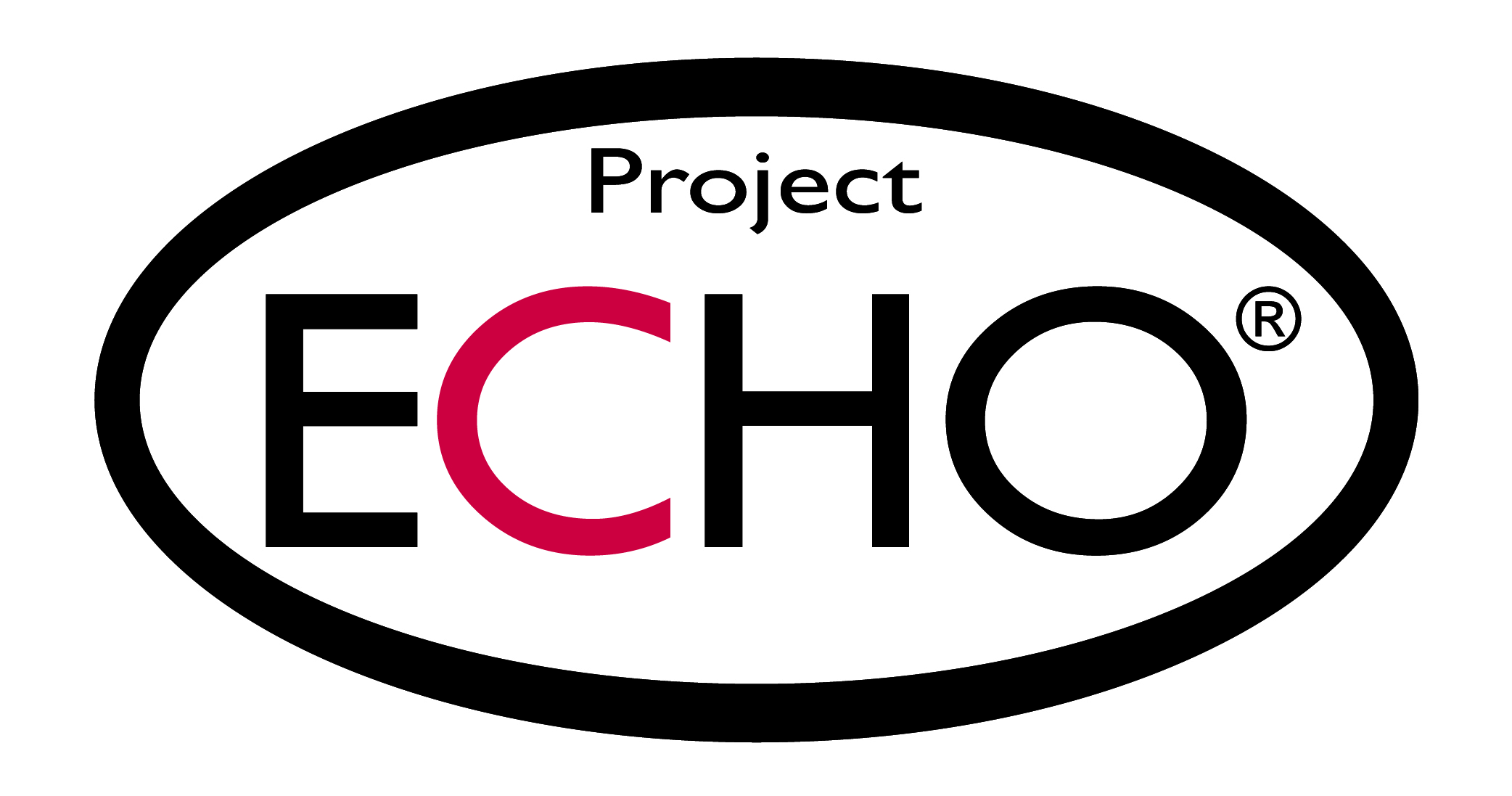 Project ECHO (Extension for Community Health-care Outcomes) is an innovative, telementoring program that amplifies the capacity of health-care providers to deliver best practice care to the underserved in their own communities.
Project ECHO (Extension for Community Health-care Outcomes) is an innovative, telementoring program that amplifies the capacity of health-care providers to deliver best practice care to the underserved in their own communities.
The ECHO model uses a hub-and-spoke knowledge-exchange approach where expert specialist teams meet weekly with primary health-care providers in virtual clinics. During sessions, health-care providers (the "spokes") present their most challenging cases to the community of participants for discussion and recommendations and one specialist (a "hub" member) gives a short didactic presentation.
ECHO was first conceived in 2003 by Dr. Sanjeev Arora, a physician at the University of New Mexico, who was looking for a way to scale up health expertise in remote, underserved communities. The model has since been replicated in 800 programs in 39 countries.
The first Project ECHO program in Canada—on chronic pain and opioid stewardship—was created in 2014 by Dr. Andrea Furlan, a clinician and senior scientist at the University Health Network and a scientist at the Institute for Work & Health, with Dr. Ruth Dubin of Queen’s University. Dr. Furlan is co-leading the ECHO OEM project at the Institute for Work & Health, the first ECHO of its kind in the world.
In 2018, a “superhub” was established to support new ECHO projects throughout Ontario. Now 30 ECHO projects are available in such practice areas as autism, bariatric care, chronic pain, epilepsy, geriatric care, mental health, opioid use and pediatric care. Recent studies suggest that Project ECHO changes provider behaviours, improves patient outcomes and is potentially cost effective.
To learn more about Project ECHO, view the YouTube video below.
To learn more about the ECHO Ontario network, visit echoontario.ca
To learn how to start a new ECHO, visit the ECHO Ontario Superhub website at echoontario.ca/Start-an-ECHO/Superhub.aspx
